TechEquity’s Books for 2023
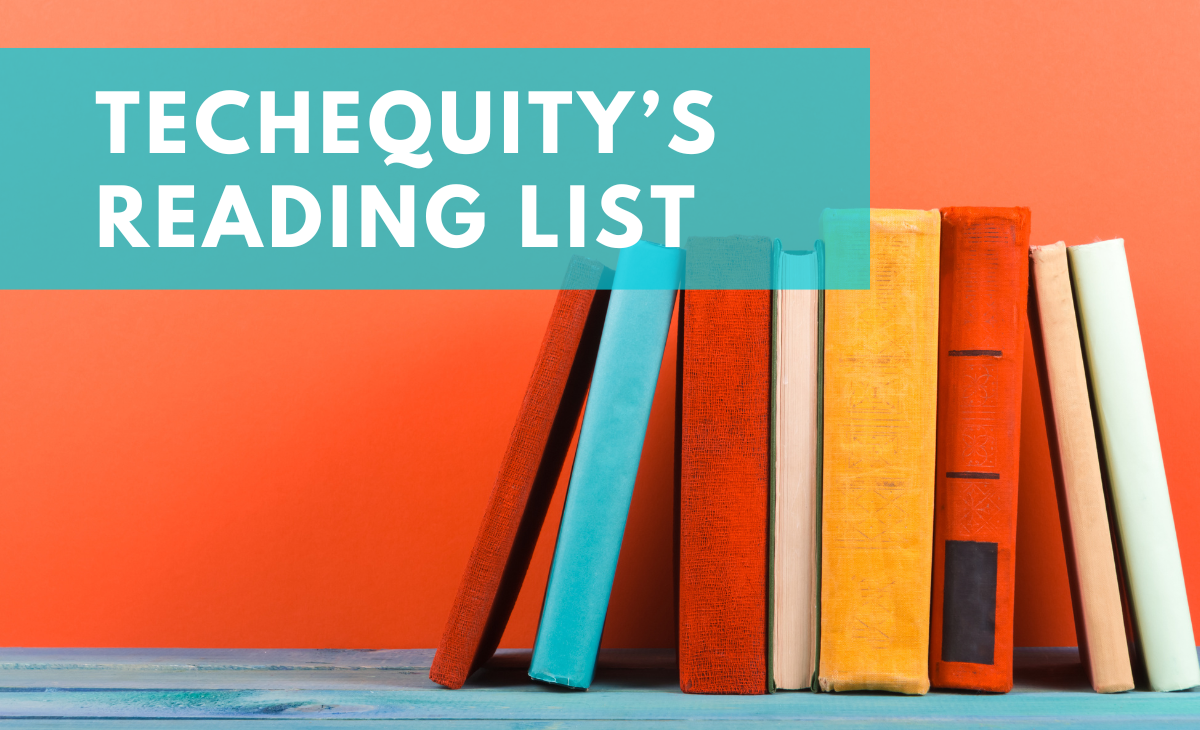
How did we get here, and where are we going? The books we read in 2023 are all about this question—because if we’re going to address economic equity issues that result from the tech industry’s products and practices, we need to know the context and have a vision for the future.
Here’s what we suggest you read to start that journey for yourself.
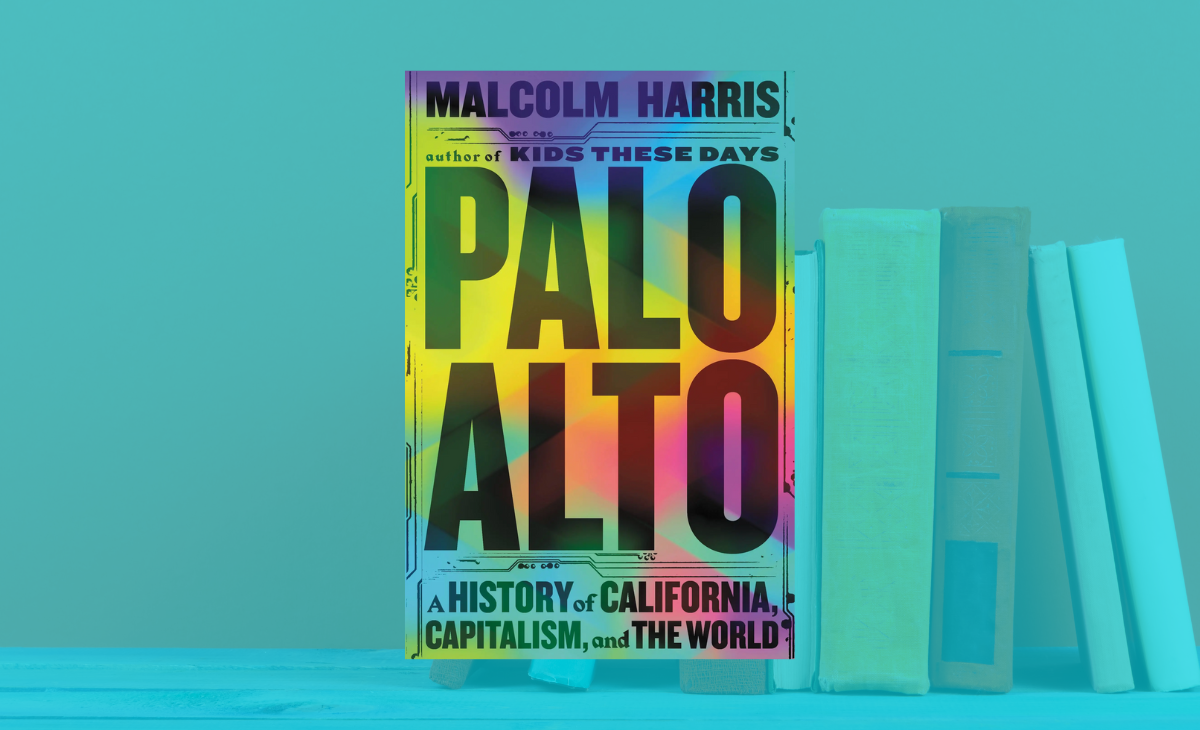
Palo Alto
Born and raised in Palo Alto, author Malcolm Harris provides us with the first comprehensive, global history of the place now synonymous with tech. He starts with Anglo settler-colonialism, weaving us through tales of IQ tests and racial genetics, US military investment, and elites fleeing the San Francisco working class. Palo Alto: A History of California, Capitalism, and the World sets the stage for why the tech industry is what it is today. Through that, Harris also shows us that racial, gender, and class inequities have always been part of the fabric of the industry. It’s not merely a glitch in code. We were delighted to have a conversation with Harris earlier this year—click here to watch the full event on demand.
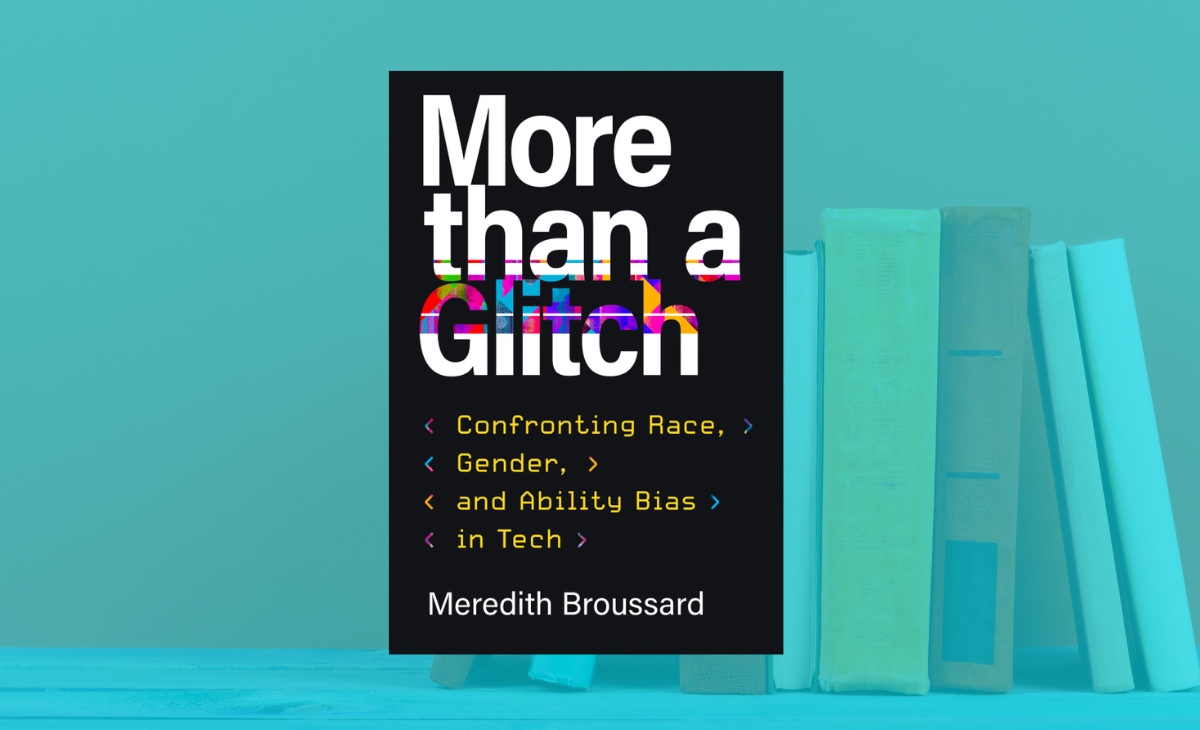
More Than a Glitch
As we said, inequities that result from tech products aren’t merely a glitch in the code. Professor Meredith Broussard’s book More Than a Glitch: Confronting Race, Gender, and Ability Bias in Tech is an excellent introduction to this concept. In the book, she discusses ways to measure and confront algorithmic bias—notably by focusing on how algorithms are currently used and addressing concerns from all stakeholders, especially members of impacted communities. We love to see it!! It’s also worth noting that Professor Broussard appeared in the Netflix documentary Coded Bias (2020). This book is also important in addressing the AI hype and spotlighting the very real, current impacts of AI and algorithmic discrimination more broadly.
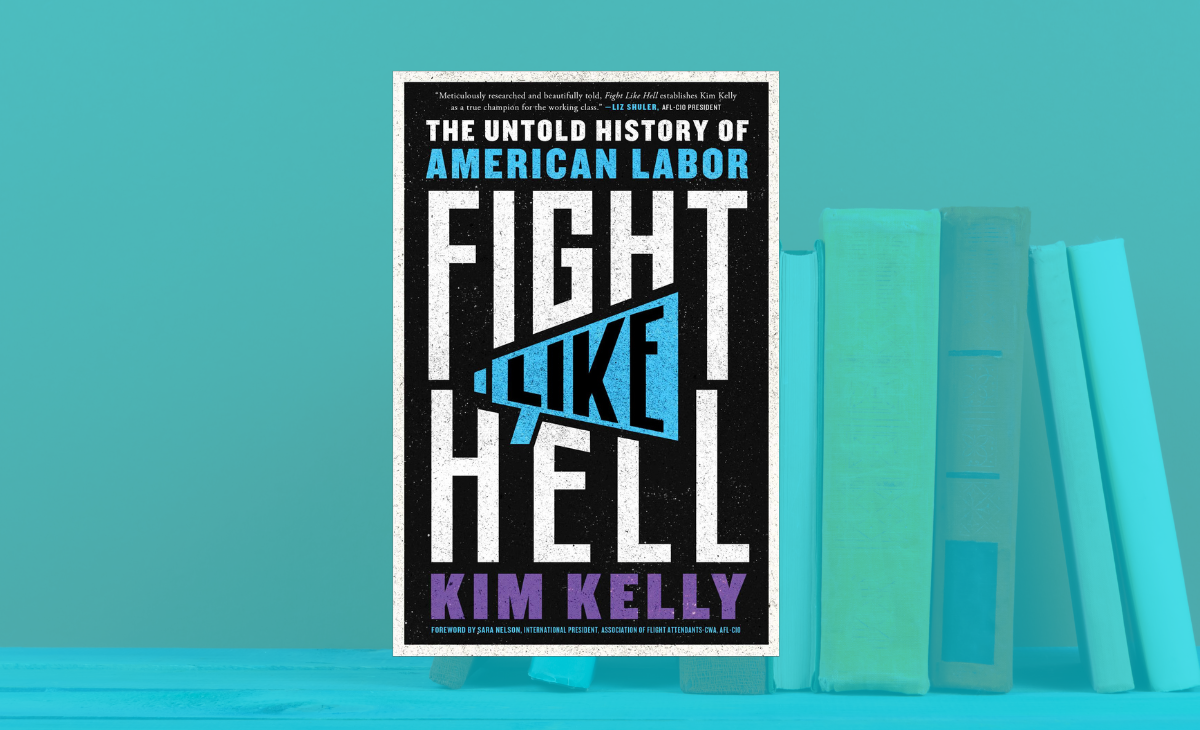
Fight Like Hell
Summer 2023 was deemed by many as #HotLaborSummer with unionization and strikes trending across industries. Whether it was the Writer’s Guilt of America winning one of the first major battles against AI or UPS drivers fighting for pay increases, all of these wins wouldn’t be possible without those who came before us. That’s what Fight Like Hell: The Untold History of American Labor by labor journalist Kim Kelly is all about. Kelly, though, isn’t here to put anyone on a pedestal. Because the people who won us the labor rights we have today are everyday people—just like you. In that sense, Fight Like Hell is ultimately a call to action. Will you answer? Check out our discussion with Kelly from earlier this year.
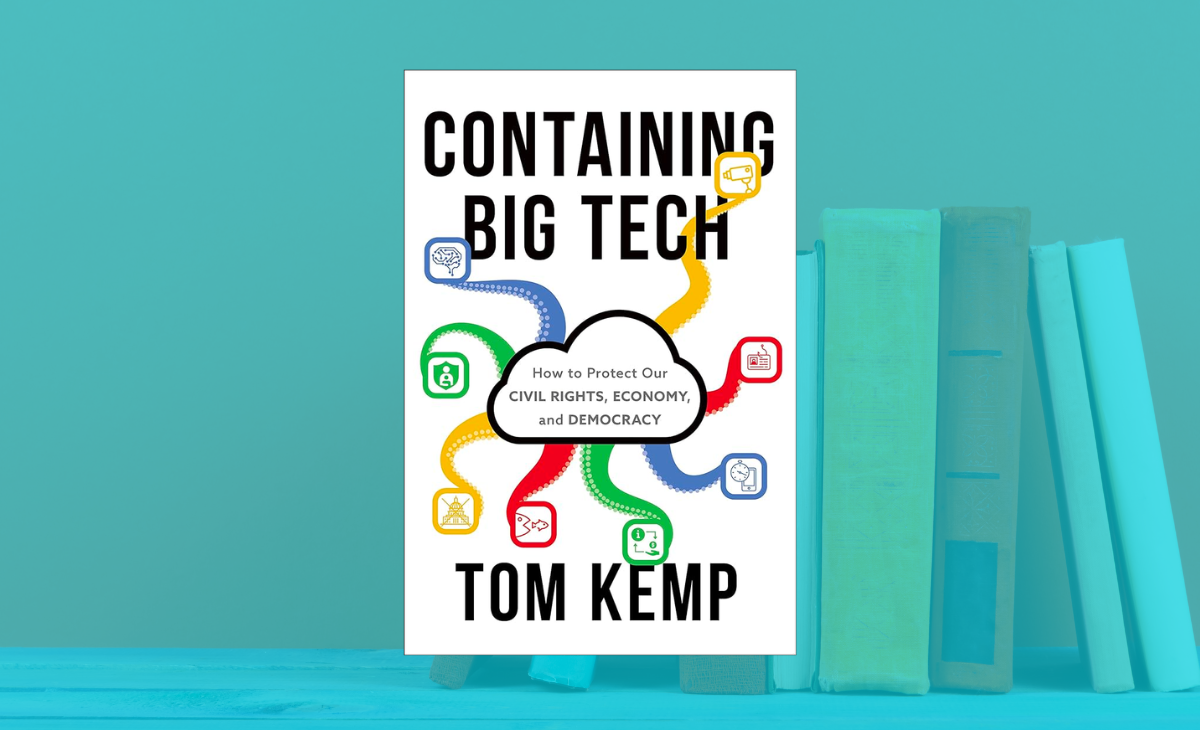
Containing Big Tech
For an industry insider’s point of view on the effect of data collection and AI on our political economy, look no further than Containing Big Tech: How to Protect Our Civil Rights, Economy, and Democracy by Tom Kemp. Kemp is a Silicon Valley-based entrepreneur and investor who has served as an advisor for political campaigns such as the vote for Proposition 24 (the Consumer Privacy Rights Act of 2020). In his book, he outlines how the current business model for most Big Tech companies relies on mass surveillance that has weakened consumer privacy, monopoly capitalism that stifles innovation, and AI that can perpetuate bias and promote disinformation. Kemp also provides potential policy solutions to address these issues and more.
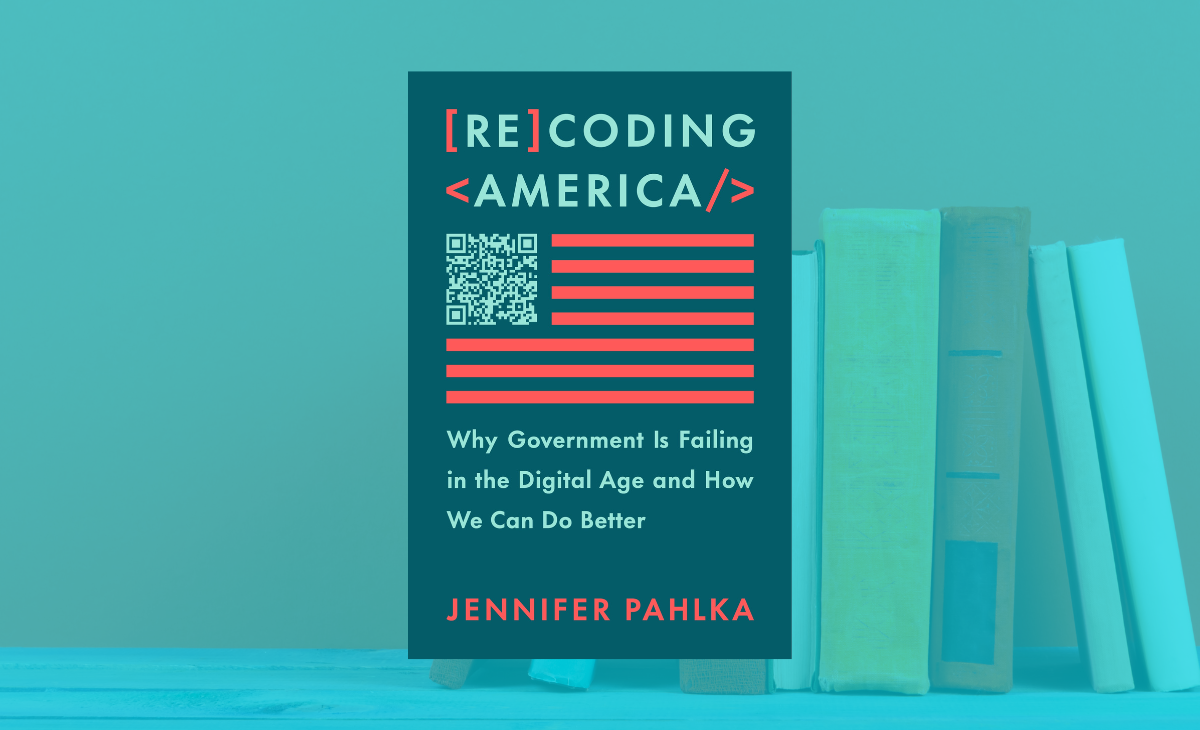
Recoding America
We know that containing Big Tech is paramount to preserving democracy and civil rights but tech generally can also be part of ensuring access to both as well. In Recoding America: Why Government Is Failing in the Digital Age and How We Can Do Better, Founder of Code for America and President Obama’s Deputy Chief Technology Officer Jennifer Pahlka leverages her expertise to diagnose and offer remedies for the American government’s slow and clunky adoption of modern technologies for implementing policies as well as some success stories in making tech that’s truly for the people. This book talks about technology, but it’s really about government; specifically, the core dysfunctionality of government, the separation of policy and implementation. This book is an excellent read for those looking for hope amidst the chaos. Did we also mention that our Founder and CEO Catherine Bracy used to work with her? Watch their reunion on demand.
Want to learn more about tech’s impact on our communities and economy? Sign up for our mailing list to get weekly updates on our educational events with authors like these and more.
